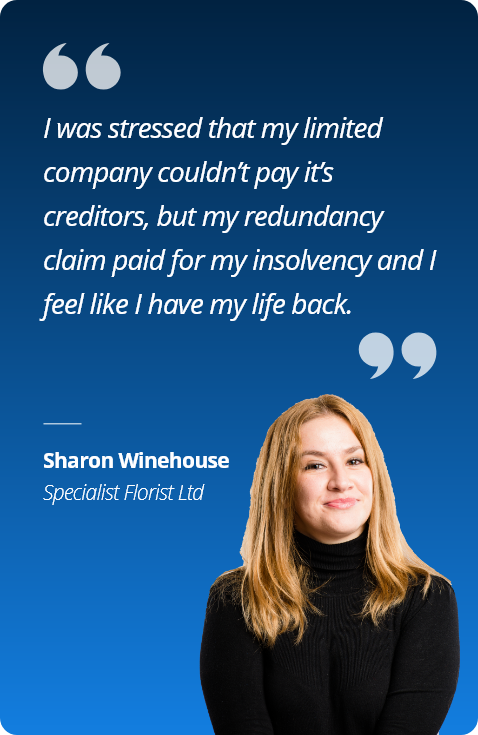What is a winding-up petition and can it be stopped?
Posted on: Saturday 8th February, 2020

If your company owes £750 or more and has received a 21-day statutory demand, one or more of your creditors can issue a winding-up petition with a view to closing down your business.
This is an expensive option for a creditor, however, and one they’re unlikely to undertake lightly, which also means it’s something you cannot afford to ignore. The creditor may have chased payment for a while so it might not be a surprise, but if you want to stop a winding-up petition you need to act quickly.
How does a winding-up petition work?
Winding-up petitions are commonly used as a method of debt recovery by sizeable creditors such as HMRC, or larger lending institutions. It’s important to note that HMRC can act without sending a statutory demand, so where arrears of tax and National Insurance exist, a fast response is even more urgent.
A creditor must file a winding-up petition with the court, after which a hearing is arranged where you can put your case. The timescale is short to stop a winding-up petition, however – essentially you have seven days in which to act, otherwise the petition will be publicly advertised in the Gazette.

How to stop a winding-up petition
There are several ways to stop a winding-up petition:
- Pay the amount owed
- Dispute the debt
- Enter company administration
- Propose a Company Voluntary Arrangement (CVA)
- Apply for an adjournment
Pay the amount owed
It may be possible to secure the finance you need to repay your debts, but bear in mind that you’ll also have to reimburse the creditor’s costs in bringing the petition. Securing alternative finance, such as invoice or asset finance, can also improve your cash flow in general and help you avoid significant debt in the future.
Dispute the debt
One of the criteria for creditors issuing a winding-up petition is that their debt must be undisputed. If you do dispute the debt, therefore, it’s important to present solid supporting evidence at court.
Company administration
On entering company administration a moratorium period of eight weeks commences, effectively preventing any further legal action by creditors. A licensed insolvency practitioner (IP) is appointed to determine the best way forward, with potential options including selling underlying business assets in a ‘pre pack’ administration, and voluntary liquidation.
Company Voluntary Arrangement (CVA)
This is a formal insolvency procedure where a licensed insolvency practitioner negotiates extra time to pay your debts at a rate that’s affordable to your company.
Adjournment
Applying for an adjournment allows time for a licensed IP to assess the best way forward, or potentially investigate alternative financing options with a view to repaying your debt.
If voluntary liquidation is the only option, bear in mind that you may be eligible to claim redundancy pay as a director. For more information on this and other ways to stop a winding-up petition, call one of our expert team at CFS Redundancy Payments for a free same-day consultation. CFS are Authorised and Regulated by the Financial Conduct Authority. Authorisation No 830857. You can check our registration here.






